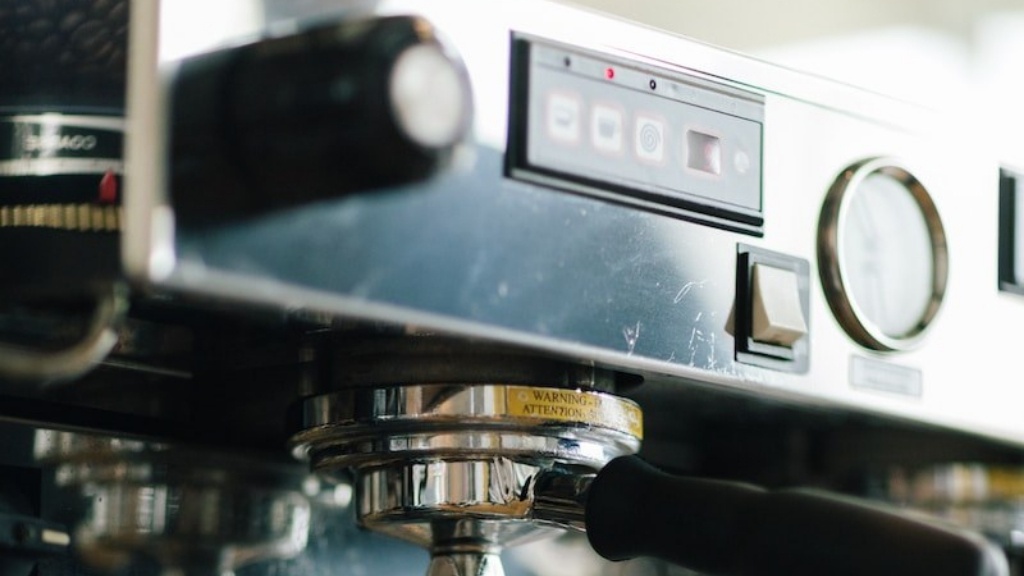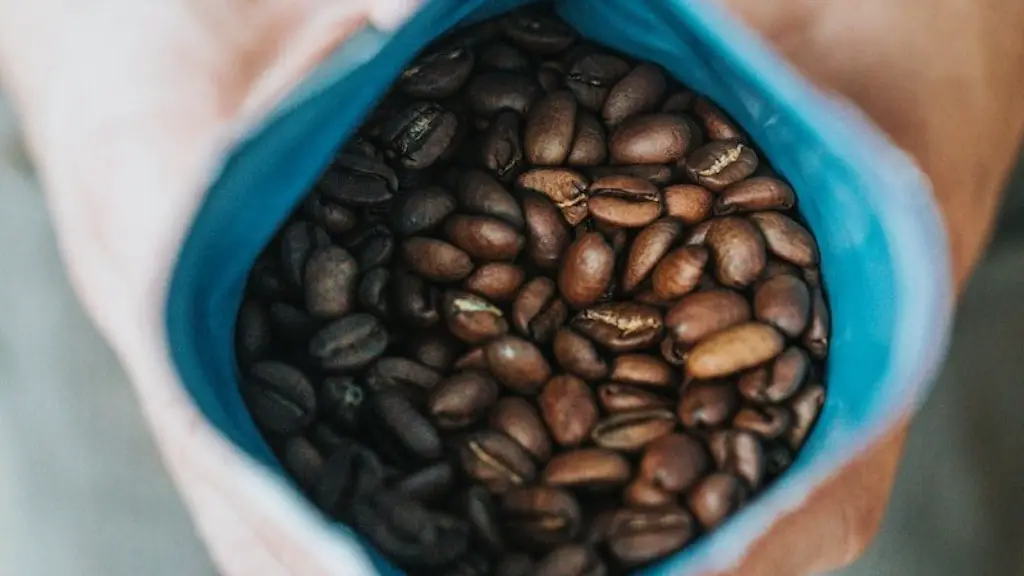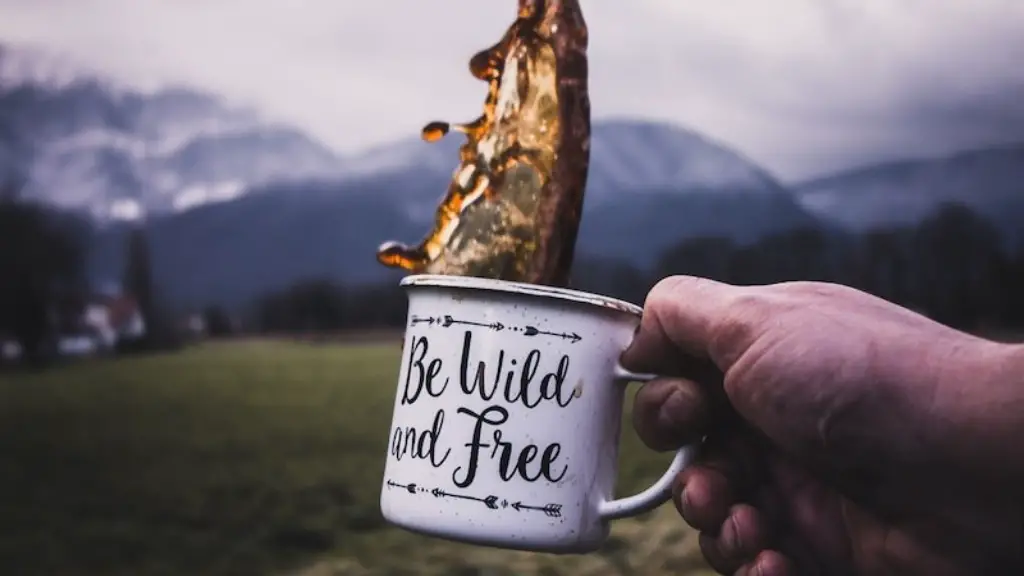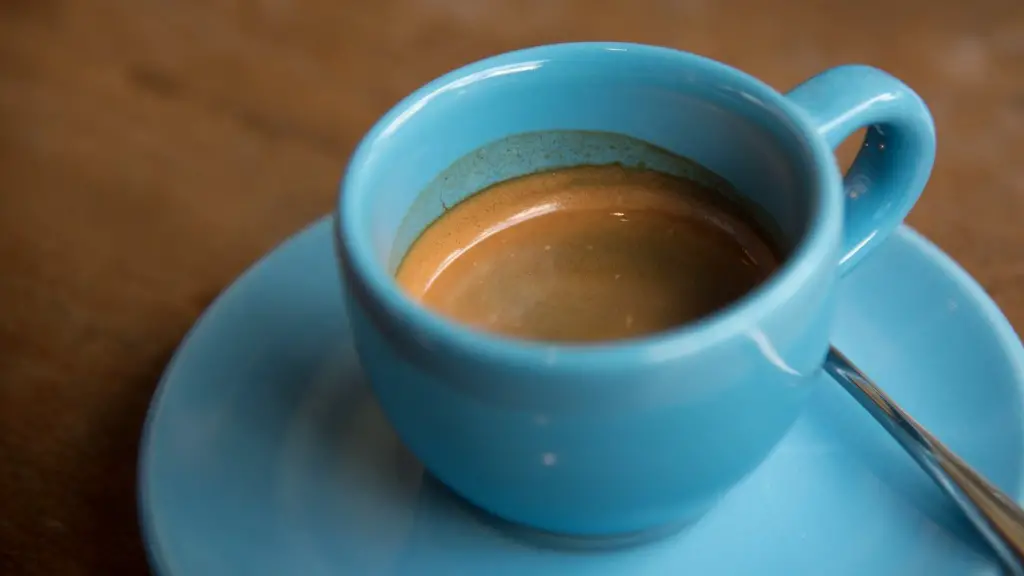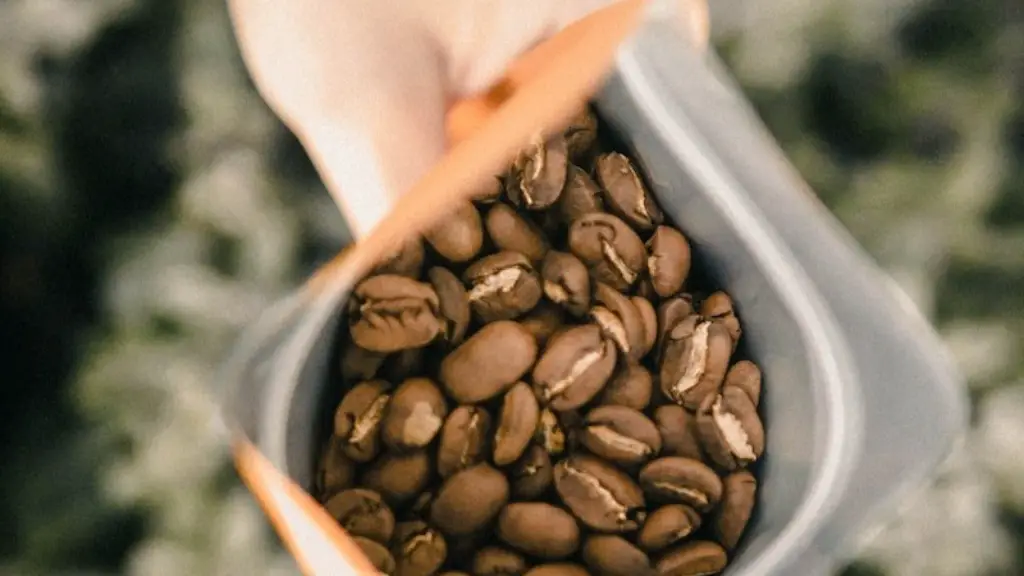For most people, coffee is the go-to when they need a quick energy boost. And while coffee itself is relatively low in caffeine, certain coffee drinks can contain quite a bit. But just how much caffeine can be found in coffee drinks?
Caffeine is a naturally occurring substance found in coffee, tea, and other plants. It’s a stimulant, meaning it can improve our alertness and concentration as well as providing other health benefits. Caffeine has been studied extensively, and the amount of caffeine found in coffee can vary widely depending on the type of coffee and the method used to prepare it.
Single shots of espresso are generally considered to have the most caffeine, with around 95 milligrams per shot. However, some espresso shots can have up to 200 milligrams, depending on the beans used. Brewed coffee is generally more moderate in caffeine content, with around 80-110 milligrams per cup. Black tea and green tea can have between 25 and 50 milligrams per cup.
Specialty coffee drinks can contain a surprising amount of caffeine. A standard 16-ounce latte, for example, can have around 150 milligrams of caffeine. A 12-ounce mocha or cappuccino can have up to 175 milligrams. Iced drinks like cold brew or nitro can contain even more, with up to 250 milligrams in a 16-ounce serving. That’s more than twice the amount of caffeine in a regular cup of coffee!
While research shows that moderate amounts of caffeine can improve mental alertness, more is not necessarily better. Caffeine can also have negative side effects such as jitteriness, headaches, insomnia, and increased heart rate. The National Institute of Health recommends keeping your daily caffeine intake to 400 milligrams or less.
Coffee is an important part of many people’s daily routines, and understanding how much caffeine is in your coffee drink is an essential part of making an informed decision. Knowing which coffee drinks have the most caffeine can help you make the right choice for your needs and preferences.
Coffee Roasts
The caffeine content of coffee also depends on the roast. Generally, darker roasts have lower levels of caffeine, while lighter roasts have more. This is because longer roasting times tend to reduce the caffeine content. This means that a light roast coffee may have more caffeine than a dark roast even if they have the same origin.
For those seeking the maximum amount of caffeine, light and medium roasts are generally the best bet. Arabica beans also tend to have more caffeine than other varieties. However, it is also important to keep in mind that lighter and medium roasts tend to have more acidic flavors than darker roasts.
Before buying beans for home brewing, it is important to check the label for information about the roast, origin, and caffeine content. This will help ensure that you are buying coffee with the right combination of flavor and caffeine.
Decaffeinated Drinks
Decaffeinated coffee is another option for those looking to reduce their caffeine intake. But it isn’t completely devoid of the stimulant, as some people might think. Decaffeinated coffee still contains small amounts of caffeine – approximately 3 milligrams per cup.
For those looking for the lowest possible caffeine content in coffee, decaffeinated drinks are the way to go. These can be brewed using decaf beans or can be purchased ready-made at most coffee shops. While the caffeine content may be significantly lower than caffeine-rich drinks, decaf coffee still provides some of the health benefits associated with regular coffee.
Alternatives to Coffee
For those looking to cut down or step away from coffee altogether, there are alternatives. Tea is a great way to get a boost of energy without having to worry about the side effects of high levels of caffeine. While some teas contain caffeine, there are many varieties of herbal and decaffeinated teas that provide a lower dose.
Yerba mate is another popular drink with caffeine. It is made from the leaves of the South American yerba mate shrub. It is usually consumed in an infused drink called mate. Yerba mate contains somewhat less caffeine than coffee, but it does have other stimulants such as theobromine and theophylline.
Energy drinks are sometimes mistaken for coffee drinks, but they are a completely separate category. These beverages contain caffeine, but they also contain other ingredients such as taurine and B-vitamins. However, energy drinks can also have side effects such as increased heart rate, headaches, and jitters, so it is important to proceed with caution.
Health Implications
Caffeine can have both positive and negative impacts on our health, depending on what and how much we consume. It is important to remember that caffeine content can vary greatly between different types of coffee, and even within the same variety. It can also accumulate in our system if consumed over time, so it is important to be aware of the amount you consume in order to avoid potential side effects.
Caffeine can also have an impact on our mental health. Too much caffeine can cause anxiety and can lead to insomnia. On the other hand, moderate amounts of caffeine can improve concentration and alertness, engaging the mind and providing an energy boost.
Ultimately, it is important to understand how much caffeine is in the coffee drinks we are consuming and to choose our drinks accordingly. That way, we can ensure that we are getting the most out of our coffee without risking any potential adverse effects.
Tips for Choosing the Right Drink
When choosing which coffee drinks to consume, there are a few things to keep in mind. First and foremost, it is important to be aware of your own caffeine sensitivity. Some people may experience side effects from small amounts, while others may be more tolerant to high levels of caffeine.
Second, it is important to check the ingredients label. Not all coffee drinks are the same, and some may have added ingredients that can affect their caffeine content. Ingredients such as sugar and cream can add calories and fat, and sweeteners such as syrups can add sugar.
Finally, it is important to pay attention to portion size. Many coffee drinks come in larger sizes, but consuming a large drink can quickly add up to an unhealthy amount of caffeine. If you are sensitive to caffeine or just want to be mindful of your intake, it is best to stick to smaller portion sizes.
Chatting with Baristas
The best way to find out which coffee drinks have the most caffeine is to ask the experts. Professional baristas are familiar with their coffee blends and can give you helpful information about caffeine content and other ingredients.
Baristas can also give advice about which drinks are best for different needs. For instance, if you are looking for a quick boost of energy, they may suggest a dark roast espresso. On the other hand, if you’re looking for a lighter caffeine hit, they may suggest a cold brew.
In the end, the best way to choose the right coffee drink is to gather all the available information and make an informed decision. So next time you’re in a coffee shop, don’t forget to chat with the baristas to get the most out of your experience.
Smart Choices for Caffeine Intake
Coffee can play an important role in our lives, providing us with energy and a mental boost. But too much caffeine can have side effects, so it is important to be mindful of our consumption. Understanding which coffee drinks have the most caffeine can help us make informed choices that are right for our bodies and lifestyles.
When selecting coffee drinks, it is important to consider things like roast and ingredients. For those looking to reduce their caffeine intake, decaffeinated coffee and tea are great options. Coffee shops and baristas can also provide useful advice.
In the end, making smart choices when it comes to caffeine consumption is a matter of understanding your own needs and preferences. With a bit of research and self-awareness, you can ensure that you are getting the most out of your coffee without risking any potential side effects.

